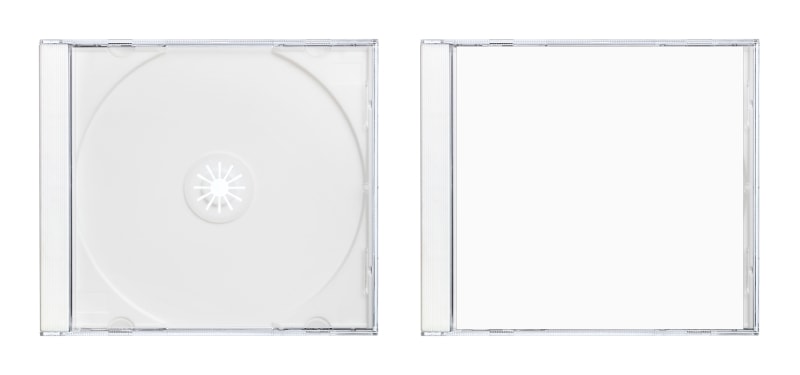Acrylic/PMMA
PMMA stands for polymethyl methacrylate, which is a transparent thermoplastic commonly known by the names Plexiglass, Acrylic, and Lucite, among others.
PMMA Advantages
- Transparency: PMMA has excellent optical clarity, similar to glass, allowing for high light transmission and minimal distortion. This property makes it a popular choice for applications where transparency is essential, such as in aquariums, skylights, and signage.
- Impact Resistance: While not as strong as polycarbonate, PMMA still offers good impact resistance, making it suitable for applications where safety is a concern, such as in protective barriers and safety glazing.
- Weather Resistance: PMMA has good resistance to UV radiation, weathering, and yellowing, making it suitable for outdoor applications such as architectural glazing, automotive lighting, and outdoor signage.
- Chemical Resistance: PMMA is resistant to many chemicals, including acids and alkalis, which contributes to its durability and longevity in various applications.
- Medical Applications: PMMA is used in medical devices, such as intraocular lenses for cataract surgery, dental prosthetics, and cosmetic implants.
Despite its many advantages, PMMA has some limitations. It is more prone to scratching than glass, and it can be susceptible to cracking under high impact loads. Additionally, PMMA can expand and contract with temperature changes, which may cause issues in certain applications.
Overall, PMMA’s combination of transparency, impact resistance, weather resistance, and ease of fabrication makes it a popular choice for a wide range of applications across industries, including construction, automotive, electronics, and healthcare.
Have any questions about your upcoming project?
Contact us and see how we can meet your project requirements.

